Respiratory syncytial virus (RSV) is a virus that causes respiratory infections. NSW Health is currently seeing high numbers of cases in young children, especially in childcare centres.
RSV can cause a chest infection called bronchiolitis. Over the past week, 695 children aged 0-4 years old presented to emergency departments across NSW with bronchiolitis – 41% of these children had to be admitted to hospital.
RSV mostly affects young children and can also cause a chest infection called bronchiolitis. Although RSV symptoms are usually mild, some children get very sick and need hospital treatment. There is no vaccine for RSV. Parents and carers should monitor for symptoms of RSV including runny nose, cough and fever.
RSV infection causes a mild respiratory illness. Symptoms usually begin between 3 and 5 days after infection and can include:
- runny nose
- cough
- sneezing
- fever
- ear infection (less commonly).
Symptoms can be more severe in babies under 6 months of age and can include:
- wheezing
- shortness of breath
- irritability
- poor feeding.
How is RSV spread?
RSV is highly infectious. It can be spread through
- droplets containing the virus when someone coughs or sneezes.
- touching items and surfaces (such as doorknobs or toys), and hands that are contaminated with droplets and then touching your nose or eyes.
A person is usually infectious for 3 - 8 days after symptoms begin but this may be longer in someone who has a weakened immune system.
Who is at risk of RSV?
RSV can affect anyone but young children under the age of 3 years are at the highest risk as they can have severe infections. Babies under 6 months old are especially at risk, particularly if they were born prematurely or have weak immune systems.
How is RSV prevented?
There are currently no vaccines available for RSV.
The best way to help stop the virus from spreading is for everyone to always practise good hygiene, especially if you have flu-like symptoms:
- stay at home if you don't feel well
- cover your nose and mouth when coughing or sneezing
- wear a mask in crowded places or if you are visiting high-risk settings that have vulnerable people such as aged care facilities or hospitals
- avoid contact with high-risk people such as infants, older people and those who are immunocompromised until you feel better.
The virus can survive on surfaces or objects for about 4 to 7 hours. It is therefore important to:
- wash your hands regularly with soap and warm water or use hand sanitiser
- avoid sharing cups and utensils you eat with
- regularly clean surfaces and items that may be contaminated with droplets using a household detergent
Parents and carers can also take steps to help prevent RSV, such as:
- keep sick children at home until all their symptoms are gone
- wash toys that are shared among children with warm water and detergent at the end of the day or after it has been sneezed upon or
- mouthed. Let it dry in the sun
For more information, please read the following: RSV Information


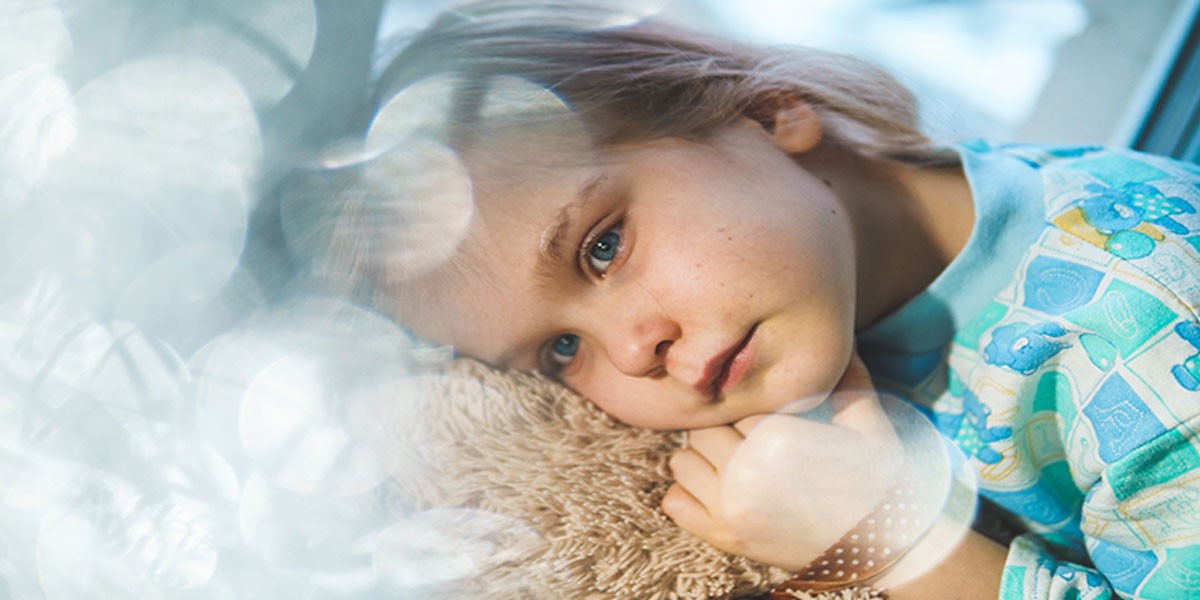
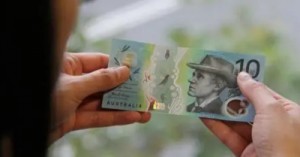

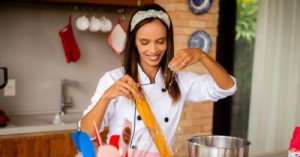

 On 10 December 2025, the Fair Work Commission issued a major determination affecting the Children’s Services Award 2010 (MA000120). These changes form part of the
On 10 December 2025, the Fair Work Commission issued a major determination affecting the Children’s Services Award 2010 (MA000120). These changes form part of the Over the next five years, educators across the sector will see steady, structured wage increases designed to lift pay to the new benchmark rates for
Over the next five years, educators across the sector will see steady, structured wage increases designed to lift pay to the new benchmark rates for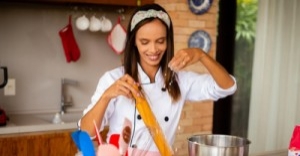 The Fair Work Commission has introduced important changes to how cooks are classified and paid under the Children’s Services Award 2010. These changes recognise that
The Fair Work Commission has introduced important changes to how cooks are classified and paid under the Children’s Services Award 2010. These changes recognise that At the centre of this case is an incident captured on CCTV at an early learning service in Bathurst, where 18‑year‑old educator Hayley Kelleher grabbed
At the centre of this case is an incident captured on CCTV at an early learning service in Bathurst, where 18‑year‑old educator Hayley Kelleher grabbed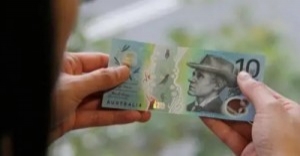 The idea of $10‑a‑day childcare sounds appealing, especially for families struggling with the cost of living. But a new report commissioned by the Australian Childcare
The idea of $10‑a‑day childcare sounds appealing, especially for families struggling with the cost of living. But a new report commissioned by the Australian Childcare